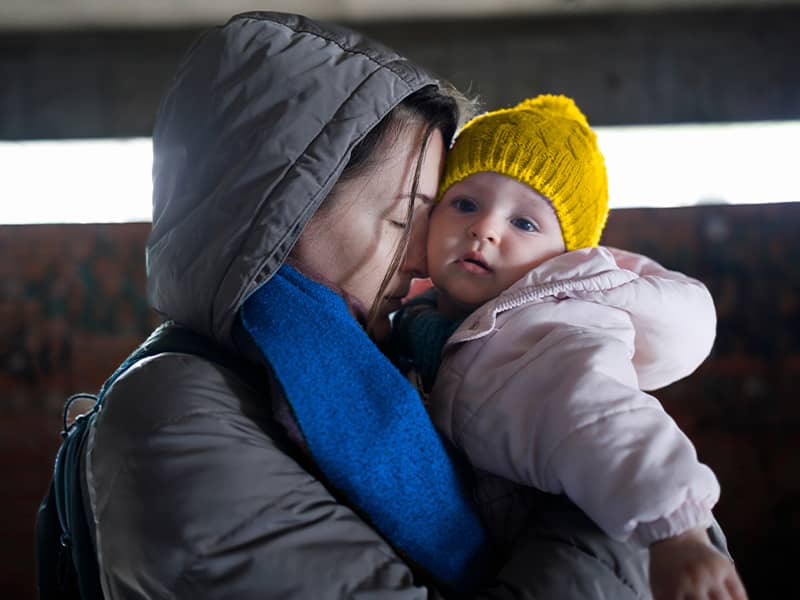The church appealed to opposition challenger Vojislav Kostunica for restraint during a meeting of the Holy Synod, its highest body. The church holds no direct political power in Yugoslavia, but its dictates hold great moral sway in a population that recognizes it as a pillar of rectitude in a corrupt society.
The church has long been critical of Milosevic, even as it has sought to protect Orthodoxy in Kosovo and elsewhere in the Yugoslavia and the breakaway former Yugoslav republics.
The government released its final vote figures late Wednesday from Sunday's elections, showing neither Milosevic nor Kostunica won a majority and forcing a runoff October 8. But the opposition, using numbers from its poll watchers, claims Kostunica won more than 52%.
The opposition and Western governments are rejecting a runoff, and Kostunica's campaign manager called the government tally "a bad joke." Zoran Djindjic vowed to take the opposition beyond street protests--which have been unsuccessful--by calling "a total blockade of the system and institutions."
Hours before the State Election Commission figures were released, 200,000 anti-Milosevic Yugoslavs staged the largest protest ever against the autocratic ruler, filling the main Republic Square in celebration of what they and many Western governments say was a stunning victory. Thousands more streamed into the streets of Nis, Novi Sad, and other Yugoslav cities.
According to the commission, Kostunica finished first in Sunday's elections, with 48.96% to 38.62% for Milosevic. The opposition claims Kostunica won 52.54% to Milosevic's 32.01%.
An opposition member of the electoral commission said the head of the body presented the 13 members with the results late Wednesday without allowing them to inspect the returns.
Sinisa Nikolic said 300 of the more than 10,000 polling stations never reported, and he accused the commission of reducing the overall total by 600,000 votes.
The church statement appealed to Kostunica and his camp to "take over the helm of the state, its parliament and municipalities, in as peacefully and as dignified a manner" as possible.
Another opposition leader, Goran Svilanovic, said anti-Milosevic forces "will try to avoid violence, but we will persist in our effort to protect the will of the people."
President Clinton and other Western leaders have dismissed talk of a runoff.
"The government's official election commission has no credibility whatever," Clinton said.
The United States will move to lift economic sanctions against Yugoslavia and restore its rights as a U.N. member state if Kostunica is installed in Belgrade, Richard Holbrooke, the U.S. ambassador to the United Nations, told the Security Council on Wednesday.
Addressing the Belgrade crowd, Kostunica repeated that the opposition would not accept a runoff.
"If we bargained with them, we would recognize the lie instead of the truth," he said.
Protesters threw firecrackers and flares, and waved thousands of banners reading "He is finished"--a reference to Milosevic.
In the center of the square, a note displayed on a digital clock read "Slobo, where is your courage now?"
But the demonstration was peaceful. And no police were in evidence, reflecting an apparent desire by both sides to keep the lid on tensions that could lead to confrontations and uncontrolled violence.
The victorious atmosphere at the Belgrade gathering also suggested that the pro-democracy Serbs no longer fear Milosevic's autocratic government, sensing that he may not be able to hold on much longer.
"I can feel a lot of happiness in the air," psychologist Zarko Trebjesanin said of the mood in Belgrade. "The genie of freedom and democracy has escaped from the bottle and it's impossible to push it back in."
Belgrade's ally Russia, however, warned Western countries not to interfere. Foreign Minister Igor Ivanov said Moscow "stands firmly for the peoples of Yugoslavia to have full freedom to express their will without internal or external pressure" and urged other countries "not to allow destabilization of the situation."

